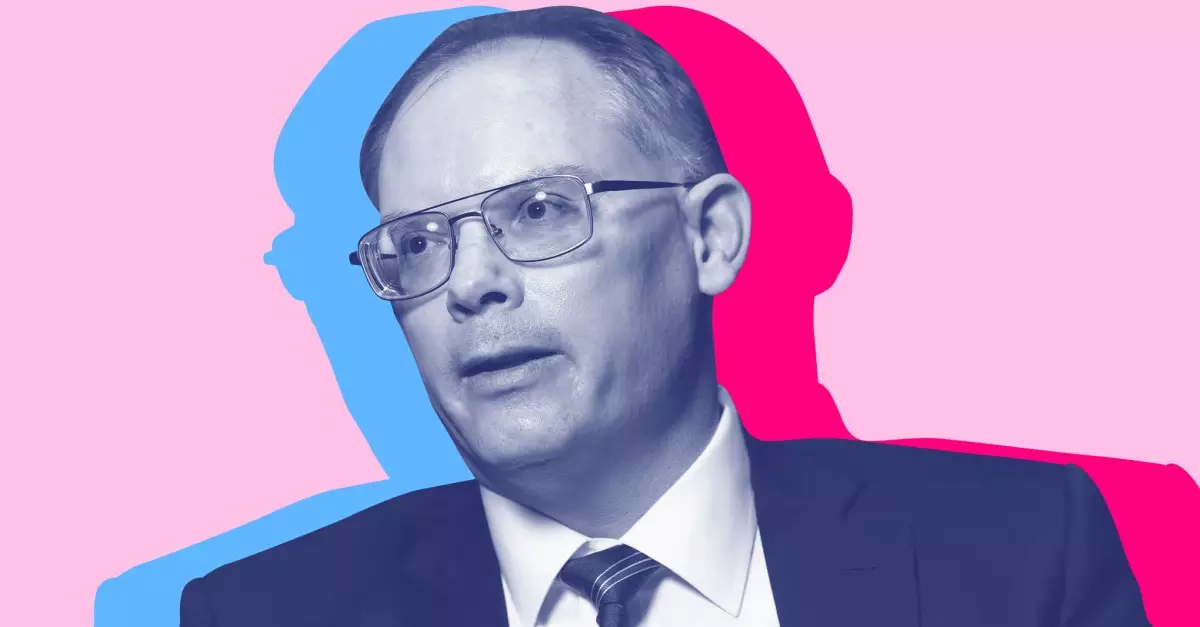The conflict between Epic Games and Apple has reached a fever pitch, intensifying the scrutiny surrounding App Store policies and the future of gaming on mobile platforms. Epic Games, the creator of the wildly popular battle royale title Fortnite, has submitted its app for approval after a lengthy hiatus from the iOS ecosystem. Yet, nearly a week has passed without Apple’s approval, prompting Epic CEO Tim Sweeney to take to social media to agitate for Fortnite’s return to the App Store. This ongoing struggle not only highlights the power dynamics inherent in tech monopolies but also raises profound questions about fairness and creativity in the gaming industry.
Social Media as a Weapon
Sweeney’s approach exemplifies the evolving nature of public relations in the digital age. By leveraging X (formerly Twitter), he has sought to illuminate the apparent double standards of the App Store, pointing out the existence of several Fortnite clones available without restriction. For instance, in his public appeals, he showcased a game blatantly titled “Fort Battle Royale Epic Shoot,” drawing attention to how Apple is allowing such imitations to prosper while denying access to the original and authentic Fortnite. This tactic serves a dual purpose; not only does it aim to apply pressure on Apple, but it also galvanizes the gaming community’s sentiments around the issue, positioning Epic as a champion fighting for consumer rights against corporate obstruction.
The Legal and Ethical Dilemma
At the heart of this struggle is the monumental legal case, Epic Games v. Apple, which has thrown a spotlight on Apple’s App Store policies. After Sweeney’s recent clarifications, it became clear that Epic was aiming for a simultaneous release of updates across all platforms, a principle rooted in fairness and continuity for players. However, Apple’s silence on the approval request raises questions about whether this is merely a tactical delay or a more systemic issue within the review process. Why has Apple not responded adequately when the average review time is claimed to be under 24 hours? This inconsistency hints at deeper issues within Apple’s control over its ecosystem and suggests a gatekeeping mentality that can stifle innovation.
The Paradox of Imitation
The allowance of games like “Epic Survival Battle Royale 3D” perpetuates a paradox for Apple, which allows imitations to thrive while stifling the original. This raises a central issue: if Apple claims to uphold quality and protect consumers from low-quality clones, why is Fortnite’s original content being sidelined? The public’s outcry is a reflection of the frustration that stems from feeling powerless against corporate policies that seem to prioritize profit over user experience. By allowing these clone games, Apple appears to inadvertently undermine their own claims of maintaining a premium app environment.
The Economic Implications
This ongoing delay has significant economic repercussions not just for Epic but for the entire gaming ecosystem on Apple’s platform. Every week without Fortnite on iOS translates to lost revenue for Epic Games, and ultimately provides a disservice to fans eagerly anticipating updates. The broader gaming community looks on, knowing well that the outcome of this battle could set a precedent affecting the future distribution and monetization strategies of digital content in a mobile-first world. Should Epic succeed, it could embolden other developers to challenge similar constraints, potentially reshaping the dynamics of app store interactions.
The Power Play Continues
As the standoff between Epic and Apple continues, Sweeney’s calls for transparency echo through the community, fueling speculation about Apple’s motives. The need for a swift resolution reflects a demand for fairness in an industry where corporate giants often wield unimaginable power. How Apple ultimately responds could redefine its relationship with developers and consumers alike. A resolution—or lack thereof—will inevitably have far-reaching implications for the landscape of mobile gaming, a burgeoning sector poised to dominate the future of entertainment. The stakes are higher than mere app approval; they represent the soul of creativity and innovation in an industry dominated by corporate policy and power plays.

